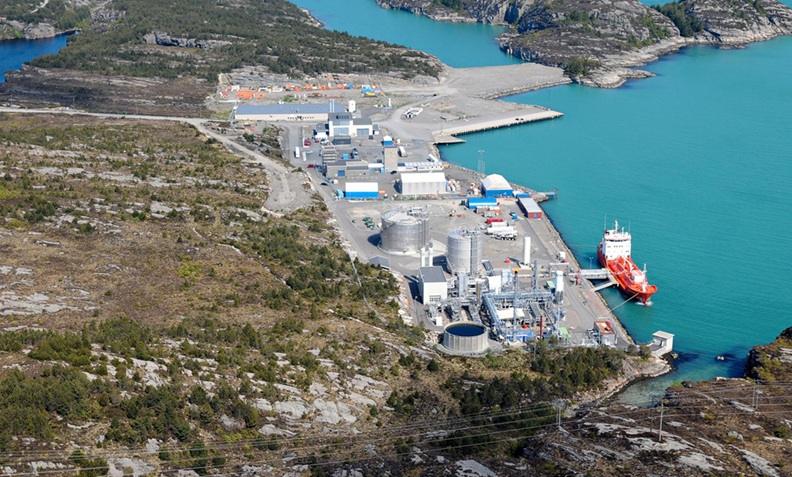UK Commits to Net Zero Domestic Aviation and Airports by 2040
The UK government announced the launch of its “Jet Zero” strategy today, outlining its plan to achieve net zero aviation by 2050. Unveiled at the Farnborough Airshow, the plan includes commitments to achieve net zero domestic aviation and for the country’s airports to be zero-emissions by 2040.
The new strategy aims to reduce emissions from aviation by more than 60% by 2050, and envisions 2019 as the peak year for the sector’s emissions.
UK Transport Secretary Grant Shapps said:
“We want 2019 to be remembered as the peak year for aviation emissions. From now on, it should all be downhill for carbon emissions – and steadily uphill for green flights.
“The UK is setting an example of the ambition needed to tackle climate change, and the Jet Zero strategy provides a clear path to building a greener aviation sector for generations to come.”
The new commitments aligns with the UK’s Net Zero Strategy, its plan released in October 2021 to achieve economy-wide net zero by 2050, and the Transport Decarbonization Plan set out last year as a roadmap to reach net zero emissions across the road, rail and aviation sectors.
Decarbonizing the aviation sector, which contributes £22 billion to the UK economy, is one of the major challenges in those plans, with the industry being responsible for 2-3% of global emissions, and with that figure potentially rising dramatically over the coming decades if no action is taken. Initiatives being pursued to address the climate impact of the industry typically involve efforts to improve aircraft efficiency, develop sustainable aviation fuels, or create aircraft utilizing low or zero carbon propulsion systems such as electric or hydrogen-based.
The UK’s strategy identifies a series of priority areas supporting several of these initiatives, including improving the efficiency of aircraft, airports and airspace, accelerating demand and supply of Sustainable Aviation Fuel (SAF), supporting the development of zero-emissions aircraft, and developing carbon markets and emissions removal technologies to help offset residual emissions, among others.
Business Secretary Kwasi Kwarteng said:
“This strategy provides the clear vision and leadership required to tackle one of the great industrial challenges of our time, decarbonisation of aviation. Importantly, it is also clear the global shift to cleaner forms of flight represents a huge opportunity to secure growth and jobs for the UK.”
Click here to access the UK’s Jet Zero strategy.





